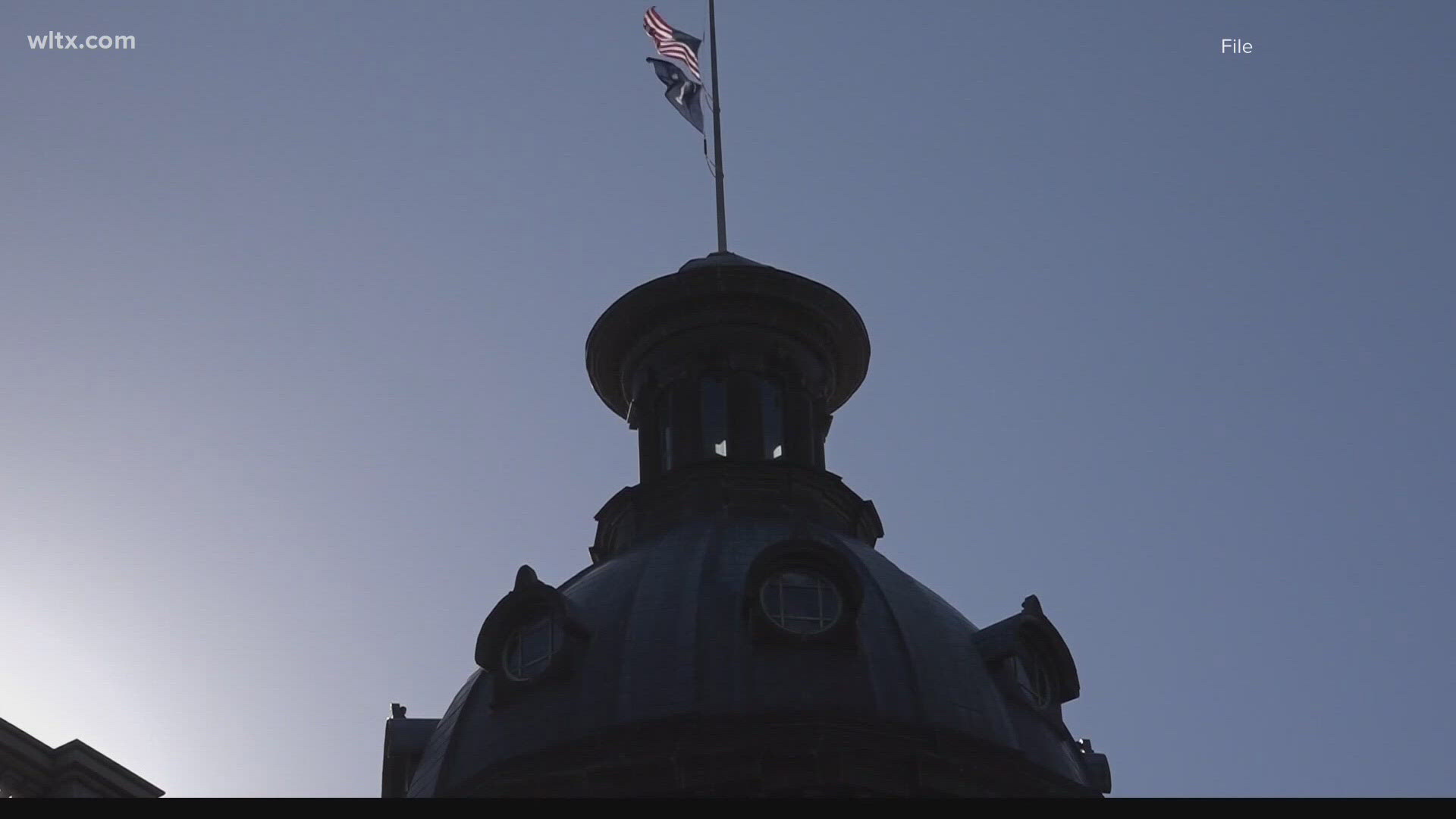COLUMBIA, — The Richland County Circuit Court became the stage for a legal showdown Thursday as arguments were presented in a case challenging South Carolina’s early abortion ban.
The lawsuit, spearheaded by abortion providers and a woman who was denied an abortion, seeks to shed light on the interpretation of "fetal heartbeat" in the law.
At the heart of the matter is Taylor Shelton, the plaintiff in the case, who voiced her frustration at a lack of clarity in the law.
Shelton discovered her pregnancy just two weeks after the Supreme Court allowed the ban to go into effect in September 2023. After multiple trips and more than 20 hours of driving, Shelton got the procedure done in North Carolina, where it is legal up until 12 weeks of pregnancy.
"Nine weeks may not sound significant. But it is," Shelton emphasized. "It would mean more time for people like me to access the care we need without fear, without shame, and without unnecessary obstacles in our way."
The law defines "fetal heartbeat" as "cardiac activity, or the steady and repetitive rhythmic contraction of the fetal heart, within the gestational sac."
Attorneys representing Planned Parenthood argued before Circuit Judge Daniel Coble that this definition could extend to nine weeks, coinciding with when the heart is fully formed.
"You can't call it a heartbeat before you have a heart,” said Kyla Eastling, an attorney from Planned Parenthood Federation of America.
However, the state stands firm on the clarity of the law, seeking the dismissal of the lawsuit.
Grayson Lambert, an attorney for Gov. Henry McMaster, pointed out the discrepancy in terminology, questioning why the law was referred to as a 'six-week ban' multiple times if its intent were different.
Judge Coble promised said he would issue an order within the next few weeks.
If the courts decide that the law starts at nine weeks, it would significantly affect abortion access in the state
Court filings indicate that approximately 86% of patients seeking abortions at Planned Parenthood clinics fall within the six to nine-week pregnancy range.

